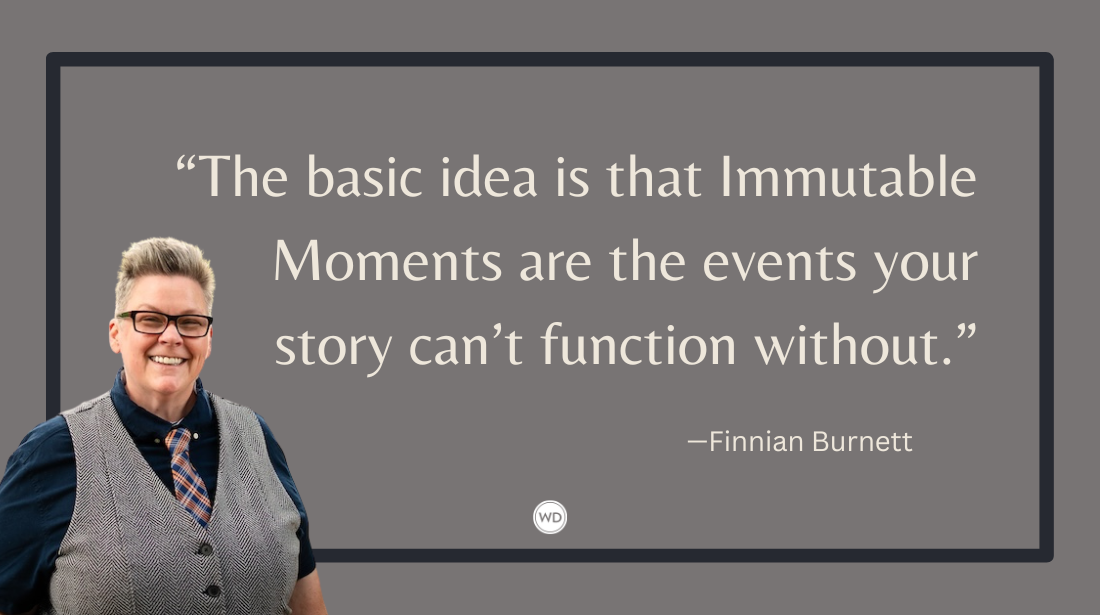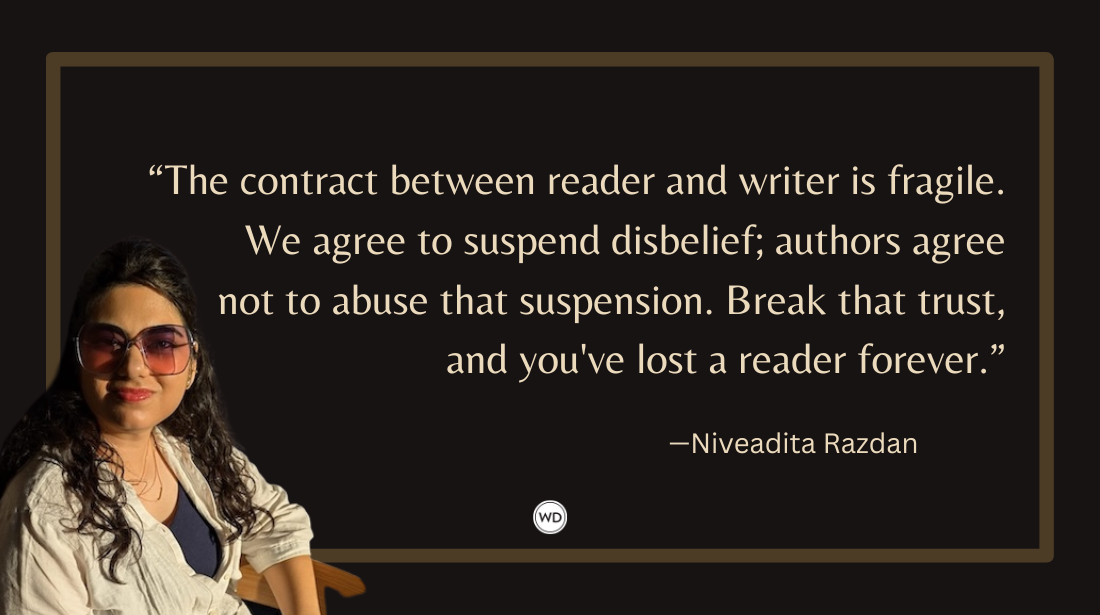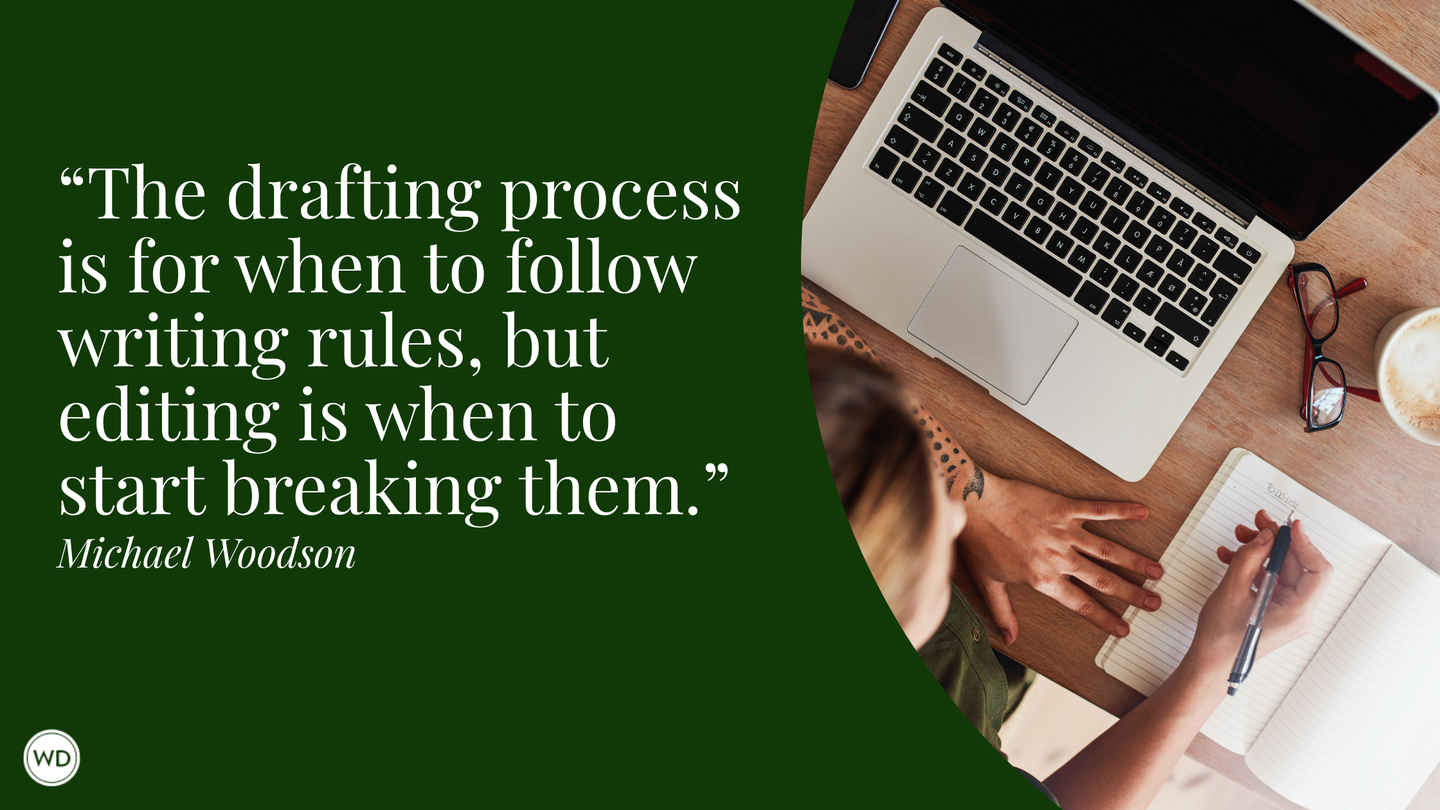Cara Blue Adams: On Writing What Feels Honest
Award-winning author Cara Blue Adams discusses the interconnection of her stories in her new collection, You Never Get It Back.
Cara Blue Adams is the author of You Never Get It Back, winner of the John Simmons Short Fiction Prize in the Iowa Short Fiction Award Series. She has published over 20 stories in leading magazines, including Granta, The Kenyon Review, American Short Fiction, Alaska Quarterly Review, Epoch, The Sun, The Missouri Review, The Mississippi Review, Story, and Narrative, which named her one of their “15 Below 30.” Stories in You Never Get It Back have been awarded the Kenyon Review Short Fiction Prize, judged by Alice Hoffman, the Missouri Review Peden Prize, judged by Jessica Francis Kane, and the Meringoff Prize in Fiction, awarded by the Association of Literary Scholars, Critics, and Writers.
A 2018 Center for Fiction Emerging Writers Fellow, Cara has been awarded support by the Bread Loaf Writers’ Conference, the Sewanee Writers’ Conference, the Virginia Center for the Creative Arts, the Lighthouse Works, the Kimmel Harding Nelson Center for the Arts, and the New York State Foundation on the Arts.
Cara earned a bachelor’s degree in English Language and Literature from Smith College and an masters in fine arts from the University of Arizona. Originally from Vermont, she has lived in Boston, Tucson, Montreal, Maine, South Carolina, and Baton Rouge, where she co-edited The Southern Review. She is an associate professor at Seton Hall University and lives in Brooklyn and the Hudson Valley. Find her on Facebook, Twitter, and Instagram.
In this post, Cara discusses the interconnection of her stories in her new collection, You Never Get It Back, the classic stories that inspired her to respond in her own creative way, and more!
Name: Cara Blue Adams
Literary agent: Claudia Ballard
Book title: You Never Get It Back
Publisher: University of Iowa Press
Expected release date: December 15, 2021
Genre/category: Literary fiction / interlinked short stories
Elevator pitch for the book: Winner of the 2021 John Simmons Short Fiction Prize, judged by Brandon Taylor, who calls it “a modern classic,” You Never Get It Back is an interlinked story collection that follows a young woman name Kate Bishop who escapes an economically impoverished upbringing in Vermont for a life of greater privilege.
IndieBound | Bookshop | Amazon
[WD uses affiliate links.]
What prompted you to write this book?
I love the story form, and I wanted to try writing what I thought of as a response to Ernest Hemingway’s Nick Adams stories. Rather than exploring what it means to be a boy and man, my subject is what it means to be a girl and woman, and because I grew up in a family that struggled with poverty, that became my subject as well. The ways that we grapple with ambition and longing and desire, the shape our lives take, are informed by gender and social class, and exploring that felt vital to me.
So, too, did writing this book as a collection of stories; it’s a form that I’ve studied for a long time and one that allows a writer to do a breathtaking array of things. Creating a constellation of stories about a single character rather than a novel meant that I could hop around to key moments in Kate’s evolution, spotlighting them.
How long did it take to go from idea to publication? And did the idea change during the process?
Hmm, 15 years? Or four! I wrote and published stories for 15 years before the book came out—and wrote them for more like 20—but the decision to put together a collection centered on Kate Bishop came about perhaps three years before the book was accepted for publication and four years before it was published.
I did consider putting together an unlinked collection; once I tried relating the stories, though, the book really took shape. After showing a draft to my agent, whose input was invaluable, I removed one story that had too little to do with the others and wrote two new stories, “Never Gotten, Never Had” and “Desert Light,” to complete the book.
Were there any surprises or learning moments in the publishing process for this title?
After years of writing and publishing individual stories in magazines, it’s been a happy surprise to truly understand the impact of putting a book into the world.
Being given the chance to talk about my stories with perceptive readers—writers and scholars and podcast hosts and others in the book world who have interviewed me, for example, along with other readers who have come upon the book for a variety of reasons—has been enormously gratifying and fun.
I’ve always thought of the act of writing itself as the major reward of devoting oneself to writing, and I suppose my perspective hasn’t changed, but it’s been enlarged. Now I understand how incredible it can be to share a book with readers.
Were there any surprises in the writing process for this book?
It surprised me to find that when I began to link the stories, a new electricity crackled in the spaces between each individual story and the others in the book, and that that energy was generative: It led to those two new stories, for example.
What do you hope readers will get out of your book?
The book asks what it means to create a life that feels meaningful, guided by one’s own most private and urgent and individual desires, and I hope that reading it helps readers experience their own lives in a way that brings solace or clarity.
If you could share one piece of advice with other writers, what would it be?
Read a lot, study the books that you love, and write what you most want to write, what feels most honest and urgent to you.
Robert Lee Brewer is Senior Editor of Writer's Digest, which includes managing the content on WritersDigest.com and programming virtual conferences. He's the author of 40 Plot Twist Prompts for Writers: Writing Ideas for Bending Stories in New Directions, The Complete Guide of Poetic Forms: 100+ Poetic Form Definitions and Examples for Poets, Poem-a-Day: 365 Poetry Writing Prompts for a Year of Poeming, and more. Also, he's the editor of Writer's Market, Poet's Market, and Guide to Literary Agents. Follow him on Twitter @robertleebrewer.








